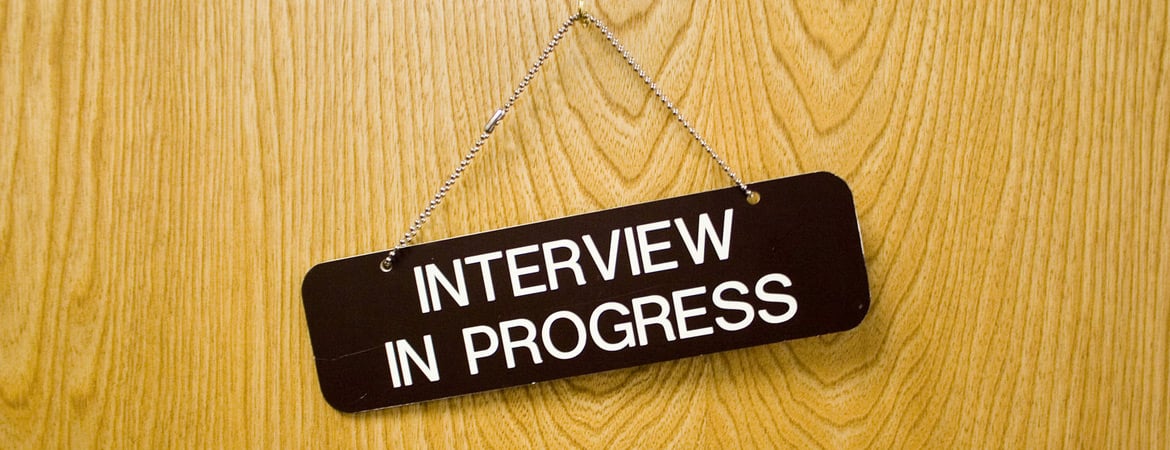On the job hunt? If the hiring manager asks about your salary expectations, don’t take the question at face value. Instead, respond with your own question about the total compensation package. Of course you want to ensure you’ll bring home enough money to pay the bills, but understanding the full range of benefits and perks, in addition to your salary, will give you a better indication of your new income versus expenses, and ultimately how happy you’ll be at your new employer.
How Benefits Can Affect Your Bottom Line
The most desirable piece of any employer benefits package is its medical, dental, and vision coverage. Though it might be seen as a given, remember healthcare isn’t cheap. And unfortunately, as insurance premiums have soared in recent years, many employers have pushed healthcare costs onto employees, either by forcing them to pay premiums or switching to cafeteria plans that put the onus on the employee to find healthcare that fits their budget. At the worst, having inadequate coverage in a health crisis could cause severe financial strain. At the least, paying for premiums will affect your take-home pay.
For example , at your current job, say you make $50,000 a year and enjoy full healthcare coverage for your spouse and two children. At the new job, you would get a boost in pay to $60,000 per year, but the employer doesn’t cover premiums for your dependents. That could mean several hundred dollars a month taken right off the top of your paycheck, eliminating a majority of that $10,000 annual increase.
But healthcare coverage is just one area of focus. If an employer doesn’t offer a retirement package—such as a 401(k) or defined benefit plan—that’s another bite out of your paycheck if you intend to save for your future. In fact, benefits including life and AD&D insurance, paid leave, and matching retirement contributions can all positively affect your bottom line and give you peace of mind in a way your paycheck alone might not. It would take a much higher salary to obtain that sort of coverage on your own, so it should be part of what you look for during your job hunt.
How Benefits Can Contribute to Higher Satisfaction
Beyond the typical benefits package, consider additional "perks" of working for the employer. How is paid time off structured? Do they promote employee wellness with things like discounted gym memberships and an emphasis on work/life balance? Are flexible schedules and/or telecommuting opportunities available? Do they encourage talent development with ongoing learning opportunities or tuition reimbursement? Is there a really cool break room? Team building activities? In short, is the company culture one that nurtures employees and makes you feel valued for your contributions?
Once you think you might want to do the actual work of the position, these are the questions to ask to ensure you’ll like coming to work each day. At that point, the paycheck will be icing on the cake.

